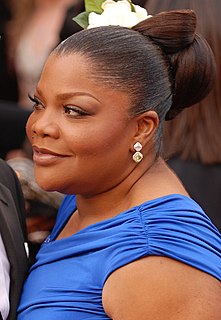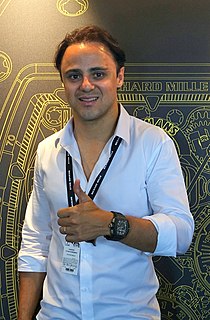A Quote by Blake Mycoskie
People always ask me, when I had the idea for TOMS, did it change my life? As romantic and noble as it is, no it did not change my life. But when I went to Argentina on that first shoe-drop, it did change my life.
Related Quotes
The first part of my life was to be an actor and maybe have some success at that. Then [it was time] to find somebody to be in a relationship with and have a life that way. Because of Parkinson's, I had to change: How can I be of service here? Is there something unique to my situation that I can use to help people? I did not have the wherewithal to invent that. It just happened in front of me and had me join in.
Every one is made of matter, and matter is continually going through a chemical change. This change is life, not wisdom, but life, like vegetable or mineral life. Every idea is matter, so of course it contains life in the name of something that can be changed. Motion, or change, is life. Ideas have life. A belief has life, or matter; for it can be changed. Now, all the aforesaid make up man; and all this can be changed.
Life is movement. Movement is change. Every time a sub molecular particle swings through time and space, something is changing. Change, therefore, is inevitable. It is the nature of life itself. The trick in life is not to try to avoid change, but to create change. Then it is the kind of change you choose.



































